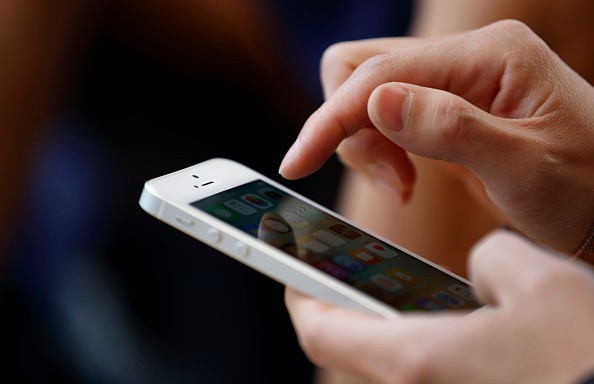A review of Apple Inc.'s record of handling government data requests showed the tech giant complied its first court order in 2008 to unlock an iPhone. Apple recently battled with the court regarding its user private policy. Unlocking iPhones is now a big issue as Apple remains steadfast of protecting its users' privacy, even if it means not collaborating with government authorities in solving crimes.
The first court order came from investigators in a child sex offender case involving a married couple from New York - Christopher and Amanda Jansen. The case happened following the debut of the first iPhone, and Apple did comply and even helped prosecutors compose the court order that required it to do so, The Wall Street Journal reported. Apple was then allowed to bring the iPhone in question to its headquarters and bypass its passcode with an investigator from the New York State Police present.
A magistrate judge signed the order for Cupertino colossus to do so after invoking the All Writs Act, a federal law used by judges to conscript phone firms into helping federal agents operate and install call-tracking devices. According to the people familiar with the matter, it was not viewed as a big issue since government officials have been using the All Writs Act to get firms aid them with different technical issues and devices.
Authorities believed Christopher saved child pornography, but his wife told an investigator she and her husband raped his eight-year-old stepson and five-year-old daughter. The couple reportedly abused Amanda's one-year-old daughter as well.
When child protective services took away the children, Amanda handed a diaper bag which had an iPhone. Federal officials then asked Apple's help. With the help of the iPhone maker, investigators found evidence confirming the abuse of children by the Jansens, such as, conversations about abusive acts they wanted to do, Digital Trends reckoned. The couple were sentenced life in prison without parole.
After the Jansen case, Apple helped government investigations by unlocking over 70 iPhones. In the recent few months, however, the company began to reject court orders to unlock its devices.
The tech titan changed its policy following the revelation of NSA contractor Edward Snowden of the 2013 government surveillance program. Other tech firms tightened security in their products as well.
With iOS 8 in 2014, Apple used a new encryption form that prevented any government agent, or even Apple itself, from accessing data on the iPhone. Apple also launched FaceTime in 2010, an encrypted video messaging service. iMessage followed in 2011.
The following video has CNN reporting that federal authorities seek Apple's help to unlock the iPhone of San Bernardino shooter.



























